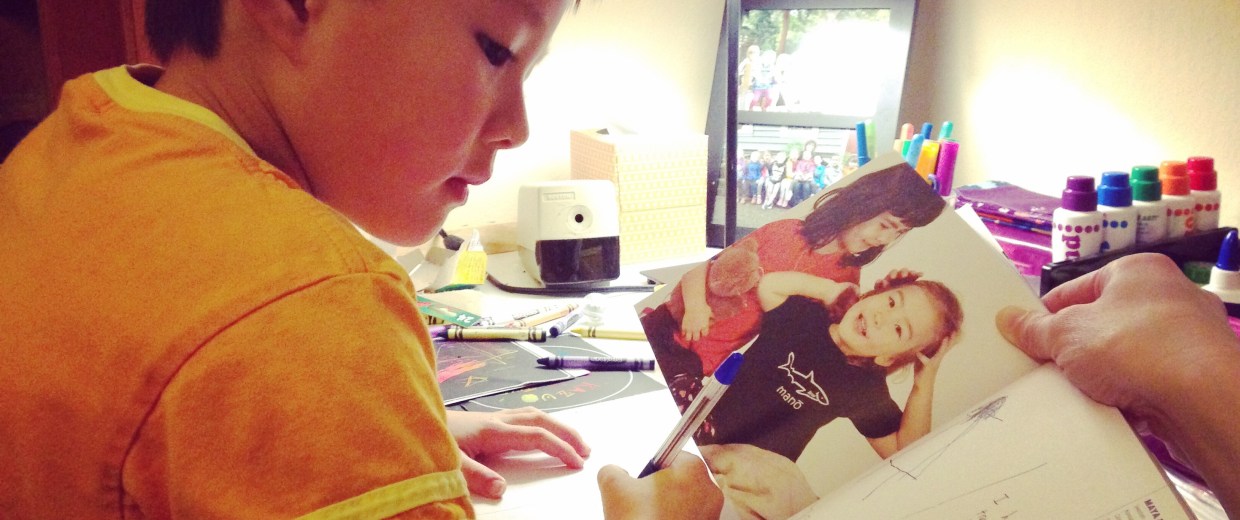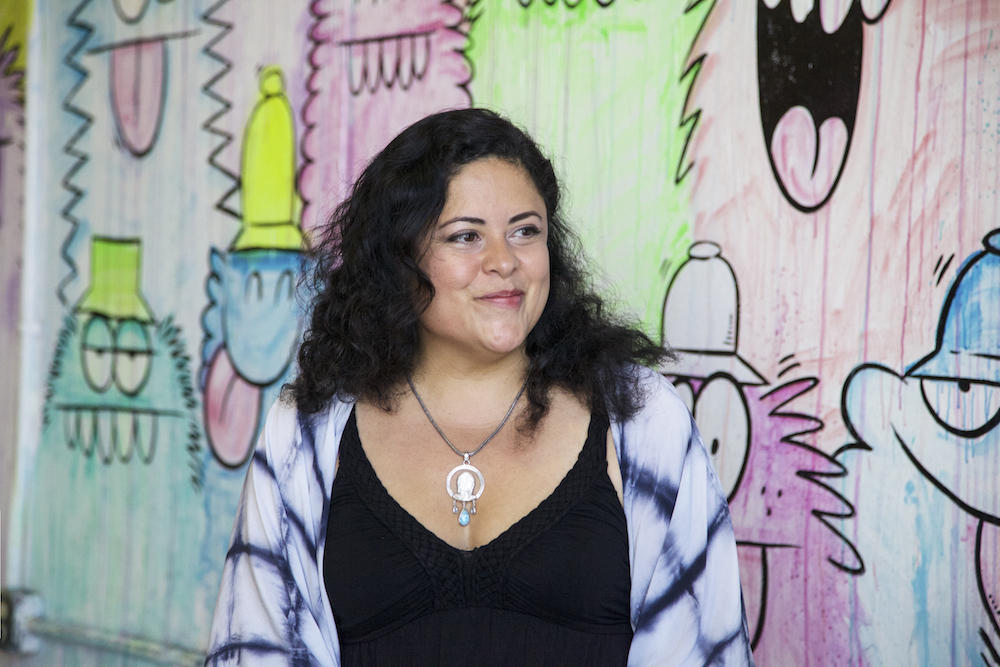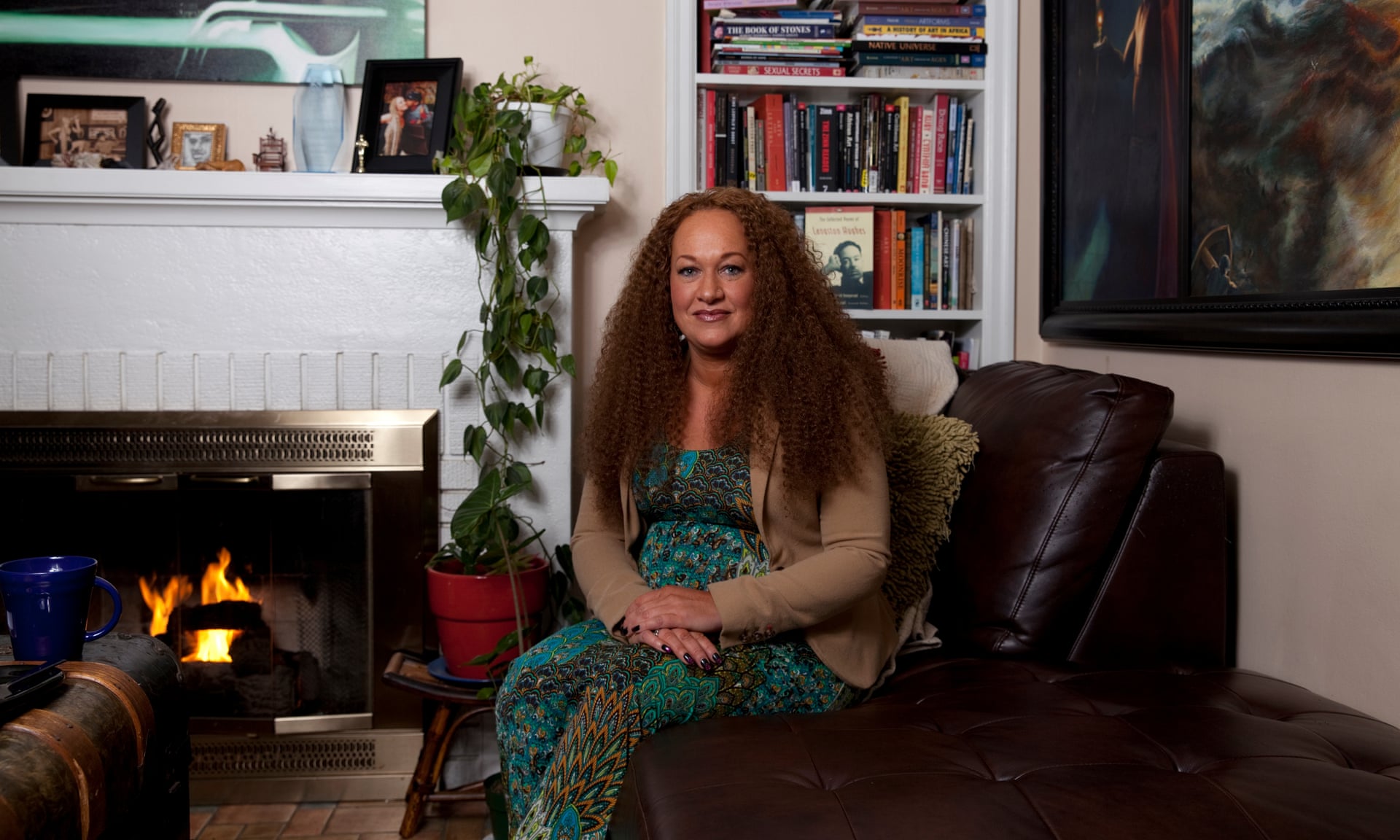Ghost Stories: Allyson Hobbs uncovers the fascinating history of racial passing in the United States
Chapter 16: a community of Tennessee writers, readers & passersby
2015-12-11
Aram Goudsouzian, Professor of History
University of Memphis, Memphis, Tennessee
In A Chosen Exile, Allyson Hobbs analyzes how and why black people passed as white throughout American history. An assistant professor of history at Stanford University, Hobbs’s extensive research yields the stories of runaway slaves, Reconstruction-era politicians and their wives, esteemed intellectuals, and ordinary people who made fateful decisions about how they defined themselves—finding new opportunities as whites, but losing their old identities as blacks. The Organization of American Historians awarded A Chosen Exile both the Frederick Jackson Turner Prize, for the best first book on the subject of American history, and the Lawrence Levine Prize, for the best book on American cultural history.
Prior to her upcoming appearance at the National Civil Rights Museum in Memphis, Hobbs answered questions via email from Chapter 16:
Chapter 16: One might assume that writing a history of racial passing is nearly impossible, given that those who crossed the color line kept their actions hidden, out of the historical record. How did you come to believe this was a viable project, and what sources were available to you as a historian?
Allyson Hobbs: When I was in my first year of graduate school, my aunt told me a story about our family that was so compelling, but also so tragic, that I simply could not stop thinking about it. A distant cousin of ours grew up on the South Side of Chicago in the 1940s and attended Wendell Phillips High School, the first predominantly African-American high school in Chicago. But after she graduated from high school, her life took a radically different turn. She was very light-skinned—she looked white—and in the hopes of improving my cousin’s life, her mother insisted that she move to California and assume the life of a white woman. My cousin pleaded that she did not want to leave her family, her friends, and the only life she had ever known. But her mother was determined, and the matter had been decided.
Years later, after my cousin had married a white man and raised white children who knew nothing of their mother’s past, she received an inconvenient telephone call. Her mother was calling to tell her that her father was dying and she must come home immediately. Despite these dire circumstances, my cousin never returned to Chicago’s South Side. She was a white woman now, and there was simply no turning back…
…Conventional wisdom tells us that a history of passing cannot be written: those who passed left no trace in the historical record, and only novelists, playwrights, and poets could write about this clandestine practice. But I believed that the sources were out there, just waiting to be discovered. So I went into the archives looking for ghosts, hoping to tell their stories.
To find these ghosts, I had to seek out unconventional stories that varied at different historical moments. I started with literature. There was an explosion of literature on passing during the Harlem Renaissance in the 1920s, so I began by reading the correspondence of the authors who wrote about passing. Some of these novelists and poets had passed themselves, while others were fascinated by the topic because they had friends and family members who were passing. Luckily for me, they wrote about passing in their letters. “Guess who I saw? John. And he is passing!” This was a familiar refrain in much of the correspondence that I read in the archives.
I also looked at runaway-slave advertisements, diary entries, newspaper accounts of sensational cases, the papers of eugenicists who crafted laws designed to police the “one drop rule,” students’ records at colleges and universities who passed as white, and articles in popular magazines. At first I worried that I wouldn’t find anything. But soon I realized that the sources on passing are abundant. It was an embarrassment of riches…
Read the entire interview here.



